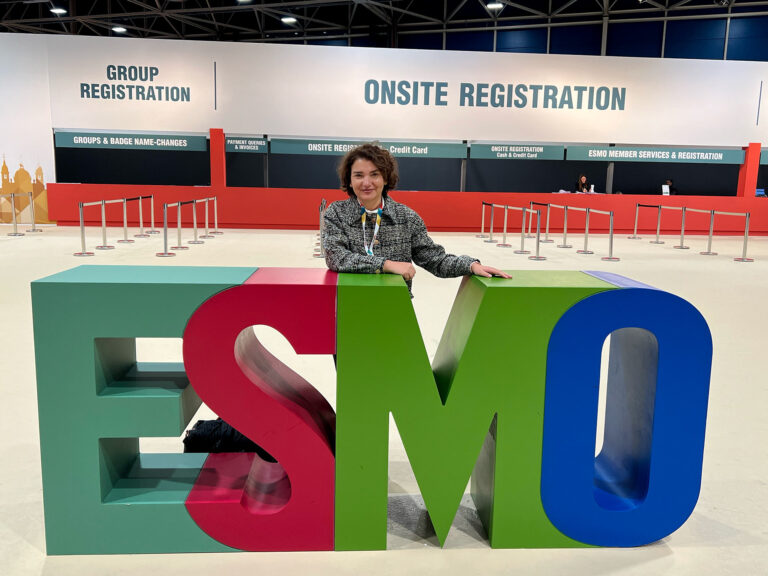If you ask ChatGPT what the importance of AI in healthcare is, there is a clear answer: it is revolutionizing healthcare in numerous ways. This is inevitable. AI will play an essential role in healthcare, from improving diagnoses of diseases, accelerating identification of appropriate treatments and ultimately personalized care. Earlier this year, the Organization for Economic Cooperation and Develoment (OECD) published a guidance paper on AI in Health entitled, “AI in Health: Huge Potential, Huge Risks.” The paper highlighted AI’s benefit related to critical healthcare issues, such as depleted workforces, future threats to public health, and aging populations. A clear example of how AI can save lives, focused on medical errors, was fascinating. In 2023 alone, 163,000 people may have died in Europe due to medical errors, 30% of these errors were due to communication failures. It is clear that AI plays a vital role here, and perhaps more potential deaths may be prevented. On the other hand, AI may exacerbate digital and health inequities, as outlined by the paper.
The issue is: we don’t know what we don’t know, particularly about the adaptation and risks of AI. That’s why one proposal of OECD is to effectively govern the adoption, use, and evolution of AI and, more importantly, transparently report outcomes. The other important point revealed in the paper is the lack of current understanding and readiness of healthcare workers to utilize AI. Healthcare systems currently struggle to manage workload, where AI tools could potentially increase workload. Many other critical points are introduced in the paper, but one thing is clear: Urgency is a must. We need active collaboration across countries, industry and other related stakeholders to ensure the benefits of AI are maximized while developing strategies to address potential pitfalls.
In addition to this important OECD paper, the World Health Organization (WHO) has also recently provided their perspective on AI in the publication entitled, “Ethics and Governance of Artificial Intelligence for Health”. This new WHO perspective compliments their previous comprehensive guidance on the ethics and governance of AI in Health in 2021. This new guidance addresses one type of generative AI: large multi-modal models (LMMs). LMMs can accept one or more types of data input and generate diverse outputs that are not limited to the type of data fed into the algorithm. Again, many of us don’t know even understand the terminology, such as LMMs, generative AI, etc. As people in the healthcare industry, we also need to act urgently to understand what AI represents and how it can be effectively utilized to advance healthcare. A good place to start would be to read these two valuable publications.
References:
https://www.who.int/publications/i/item/9789240084759
https://www.oecd.org/health/AI-in-health-huge-potential-huge-risks.pdf





